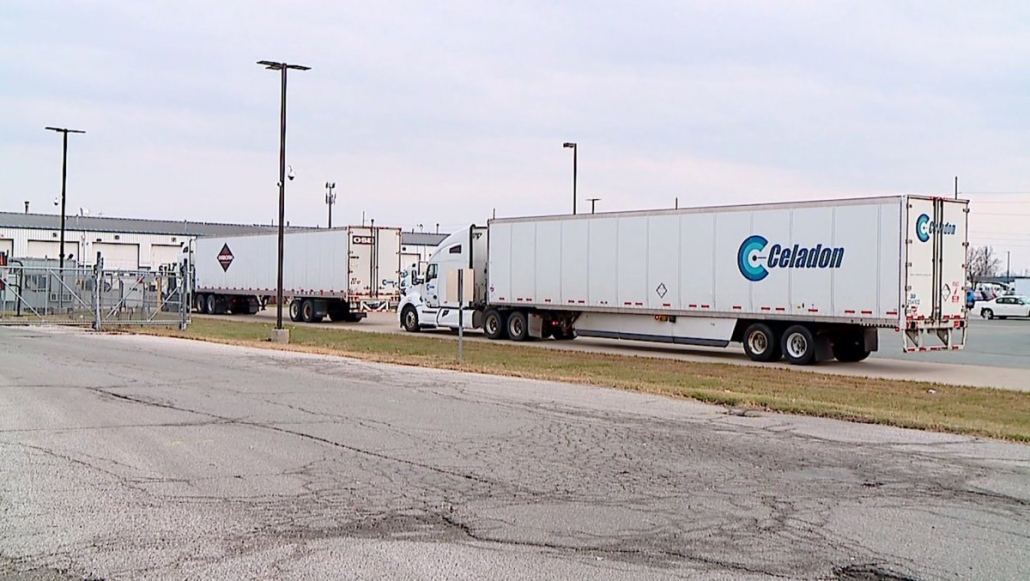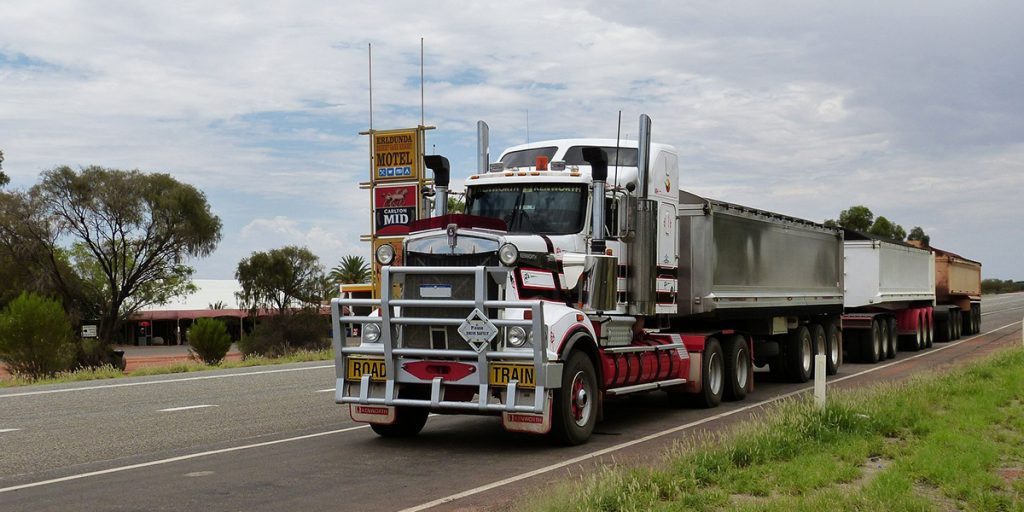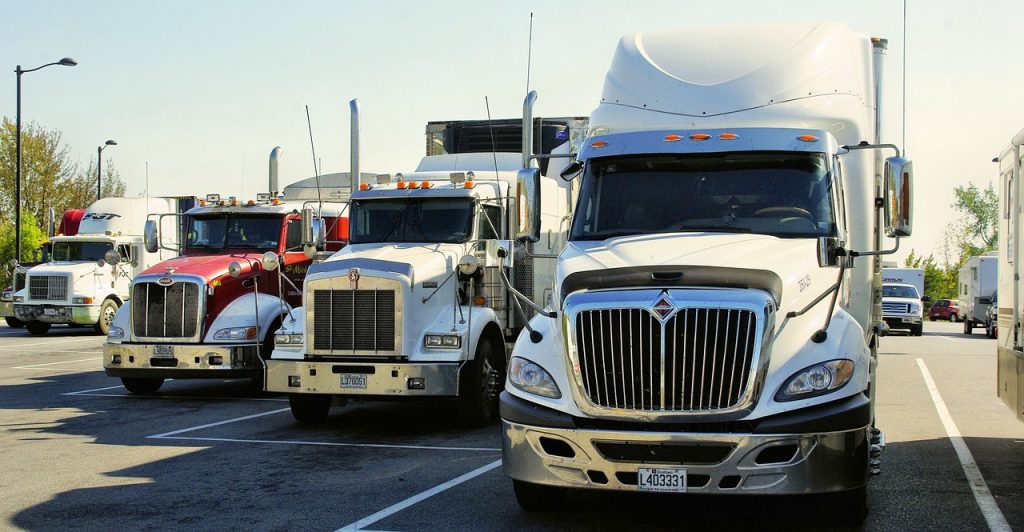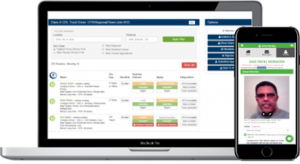
The chances are, if you’ve been in the transportation industry for a while, you’ve heard the phrase “last mile delivery, also referred to as final mile delivery.”
In recent years, with the rise of e-commerce and a consumer-driven industry, last mile delivery has become a major differentiating factor among competitor, and a job opportunity for independent contractors looking to have a regular route, close to home.
With today’s consumers expecting fast and reliable delivery every time they make an online purchase, retailers and last mile delivery companies have had to work hard to offer multiple options for fast and affordable shipping and delivery rates. This has also opened up availability for 1099 independent contractors and owner operators who have the equipment necessary to respond to the rising consumer demand.
Read on to find out what last mile delivery really is, the biggest challenges facing delivery drivers today, and how this could be the right job for you.
What is Last Mile Delivery?
The supply chain process can be divided into three main stages:
The First Mile is the creation and distribution of a product from the original manufacturer.
The Middle Mile is the long distance transportation of a product from the manufacturer to its final transportation hub.
The Last Mile, also called Final Mile is the transportation of a product from a hub such as a local warehouse or fulfillment center to its final destination at either a retailer or customer’s home.
Every step of the supply chain process is important, but the last mile has the most impact on the customer’s experience, and their likelihood of ordering from a company again. Therefore, businesses must ensure the most quick and efficient last mile delivery as possible if they want to stay ahead of competition.
What’s the “Last Mile Problem?”
The “last mile problem” is another phrase you might have heard thrown around. This simply refers to the common factors that cause issues, delays, and additional expenses during the last mile delivery. This stage of the supply chain process might be the most critical to the consumer experience, but it’s also the most expensive and time-consuming for the business, often accounting for 53% of overall delivery costs.
Many factors play a role in this notoriously difficult and expensive phase of the delivery process that affect both drivers and businesses. For drivers, last mile delivery can be difficult due to a short delivery time frame, dense urban areas that lead to more stops and last minute route changes, rising fuel prices, and failed deliveries.
Businesses must also account for other factors such as the added pressure of customer expectation for rapid delivery and real-time tracking, the shortage of qualified drivers, and the costs of vehicle maintenance.
Although these common inefficiencies aren’t going away any time soon, neither is the importance of quick and efficient last mile delivery. This is where the opportunity for independent contractors comes in.
Opportunities for Independent Contractors
1099 independent contractor drivers and owner-operators from across the nation have found success in recent years filling the gaps left by the “last mile problem.” As the demand for fast and reliable shipping and delivery has continued to increase, drivers with the right equipment are increasingly able to find flexible, locally based, and well-paying delivery jobs.
Last mile delivery appeals to many owner-operators who appreciate the flexibility and autonomy that comes with this kind of job. Delivery drivers are able to choose their routes, allowing for more control of their schedule on a day-to-day basis.
For drivers looking to reduce long-haul travel and find consistent work within a particular region, last mile delivery is ideal because of its inherently local nature. Local drivers are also better suited for making deliveries in urban areas and other locations where having a prior knowledge of the roads and shortcuts could save time and money during delivery.
Drivers also benefit from understanding consumer expectations. One of the most requested and expected features of last mile delivery is real-time tracking, with one study finding that 93% of customers expect to be able to track their order. By integrating technology such as fleet management software or telematics systems, owner-operators can streamline their operations and provide better service.
Some drivers also choose to partner with delivery platforms or gig economy services that connect them to businesses and individuals in need of last mile delivery. These partnerships offer independent contractors opportunities to leverage their vehicles and expertise in efficient and timely deliveries while providing them with consistent freight.
It’s important for independent contract drivers and owner-operators to research and evaluate potential partners based on their specific needs, preferences, and the types of deliveries they are interested in handling. Building relationships with a mix of local businesses and larger platforms can provide a diversified and steady stream of last mile delivery opportunities. Additionally, staying informed about industry trends and changes can help owner-operators identify new partnership possibilities.
If you’re looking for an in-demand job that will continue to grow while remaining locally-based, last mile delivery might be the solution for you. Although facing a number of difficulties and considerations as it expands, last mile delivery is sure to be a key part of the future of the trucking industry.
To stay up-to-date on trends and news on the trucking industry, be sure to follow us on social media or read more of our Driver Blog.

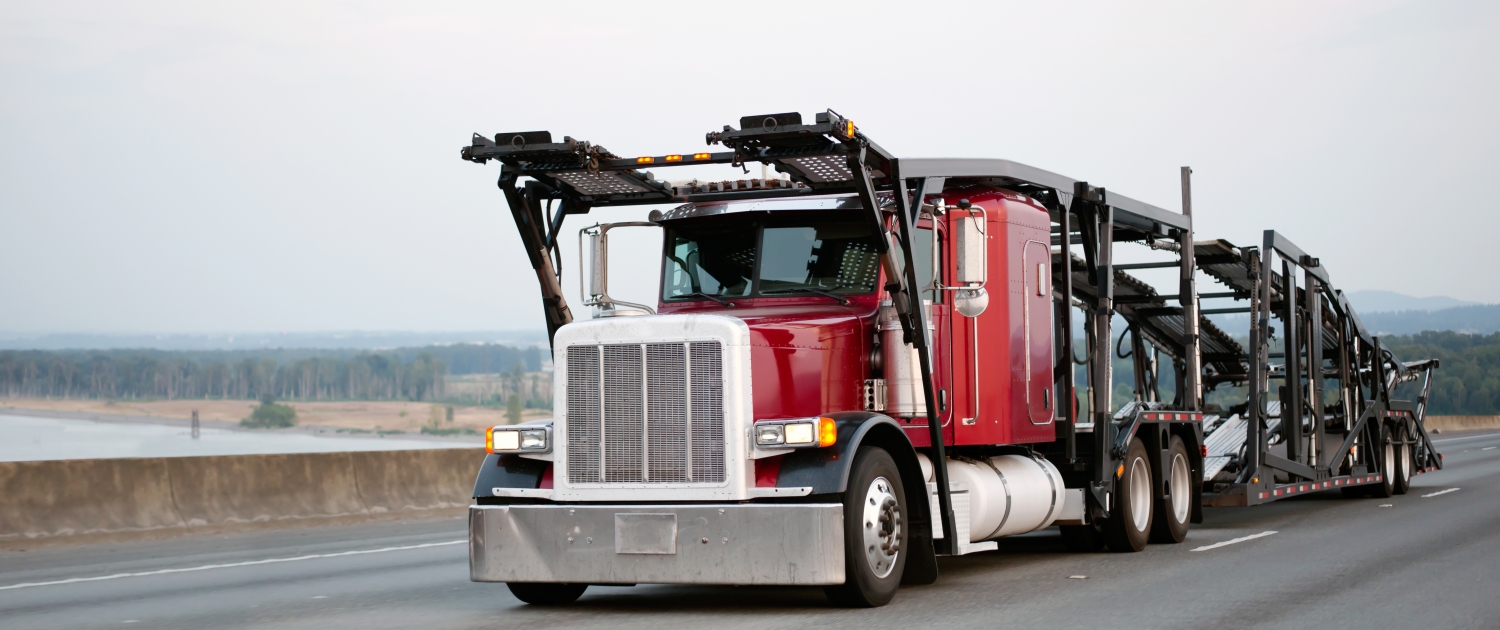
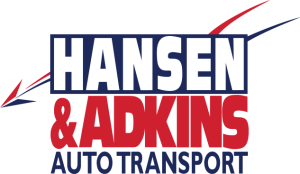 We were about to talk with Robert Sitarski, Customer Service and Dealer Relations Supervisor with Drive My Way client, Hansen & Adkins. Robert has years of experience as a car hauler and shared his thoughts and advice for drivers considering this field.
We were about to talk with Robert Sitarski, Customer Service and Dealer Relations Supervisor with Drive My Way client, Hansen & Adkins. Robert has years of experience as a car hauler and shared his thoughts and advice for drivers considering this field. 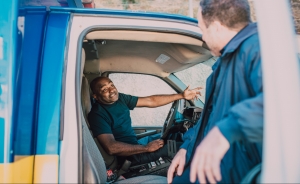

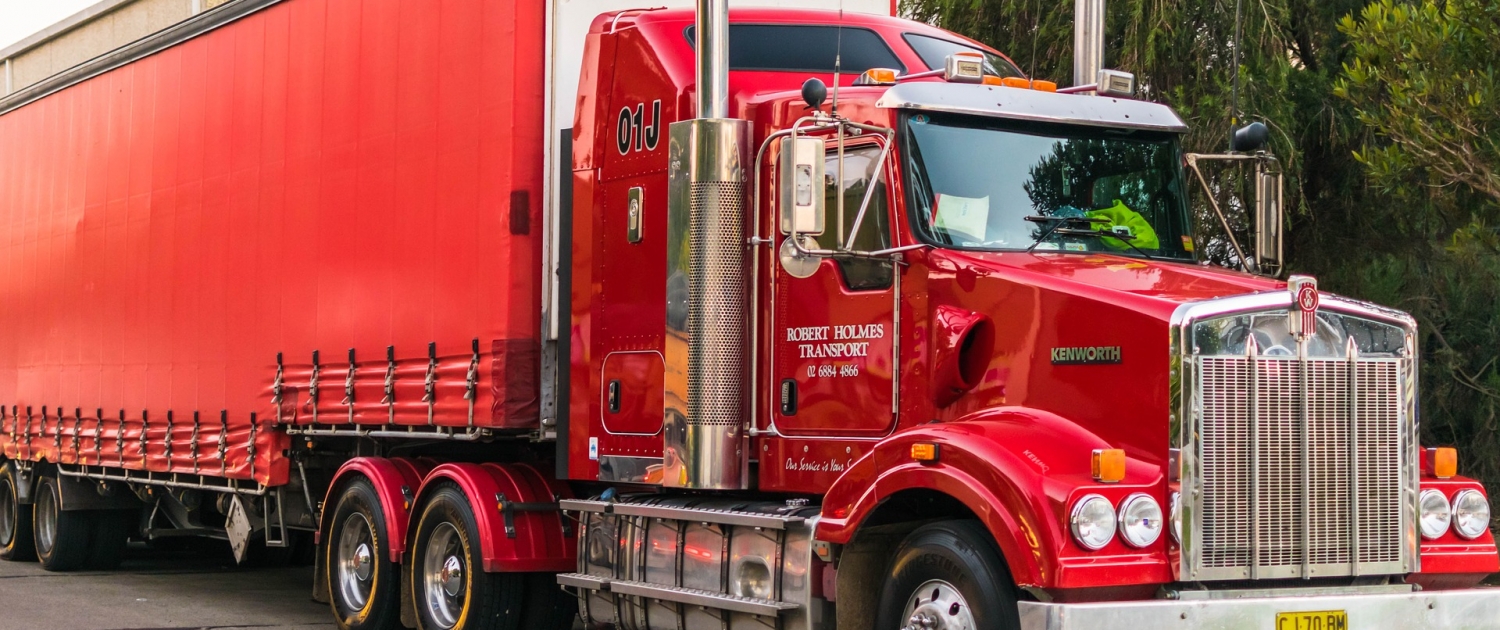


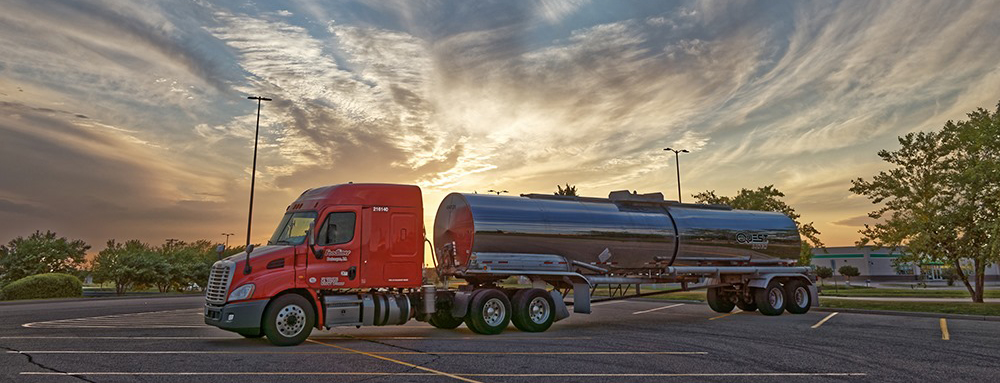 Today’s job of the day comes from Foodliner
Today’s job of the day comes from Foodliner Be part of a growing transportation organization that goes the distance for customers and is committed to the careers of its employees. While you “Go The Distance” for our customers, we “Go The Distance” for you! We offer a variety of opportunities to support your growth and changing lifestyle needs throughout your career
Be part of a growing transportation organization that goes the distance for customers and is committed to the careers of its employees. While you “Go The Distance” for our customers, we “Go The Distance” for you! We offer a variety of opportunities to support your growth and changing lifestyle needs throughout your career
